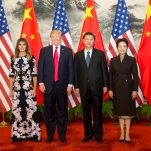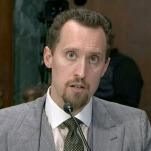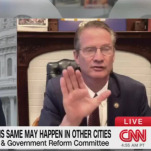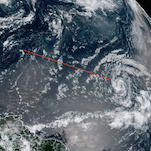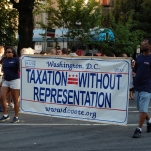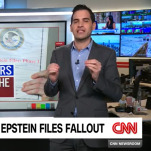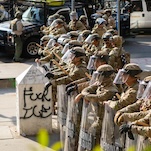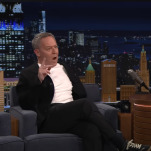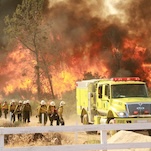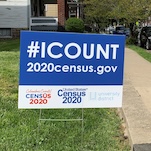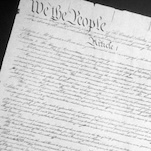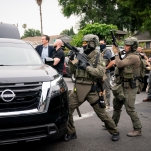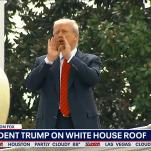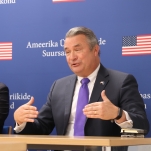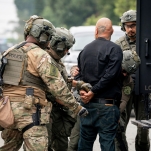Want to Thank a Vet? There Are Hardly Any Left in Congress
Members of Congress are rushing to thank military service members this Veterans Day. But the chance that those lawmakers served in the armed forces themselves is at its lowest point since the 1940s.
The House currently has 88 veterans (including two non-voting delegates) and the Senate has 18, a total of 106, according to the Congressional Research Service. That’s just under 20 percent of the 113th Congress, the lowest rate since World War II.
The body that has the ultimate power to send troops into combat has very few military veterans in its ranks. But it wasn’t always that way.
-

-

-

-

-

-

-

-

-

-

-

-

-

-

-

-

-

-

-

-

-

-

-

-

-

-

-

-

-

-

-

-

-

-

-

-

-

-

-

-

-

-

-

-

-

-

-

-

-

-

-

-

-

-

-

-

-

-

-

-

-

-

-

-

-

-

-

-

-

-

-

-

-

-

-

-

-

-

-

-

-

-

-

-

-

-

-

-

-

-

-

-

-

-

-

-

-

-

-

-

-

-

-

-

-

-

-

-















































































